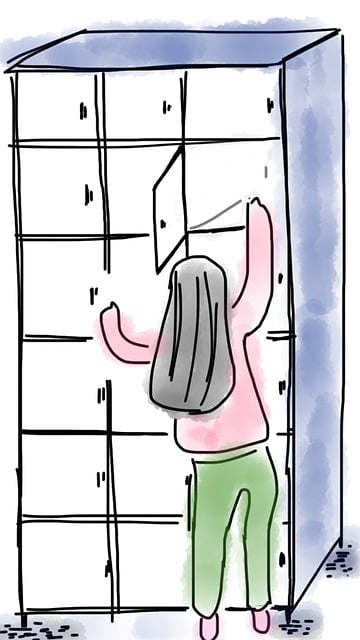In Colorado, victims of institutional hazing, including sexual exploitation and coercion, can find legal support from specialized hazing abuse attorneys. These professionals navigate complex laws, advocate for victims' rights, seek compensation, and drive policy changes. They play a crucial role in holding institutions accountable, promoting reforms, and ensuring justice for survivors, creating safer environments for students. If you've experienced hazing abuse, reporting the incident to law enforcement and consulting these attorneys is vital for pursuing justice.
In Colorado, the issue of institutional hazing and its legal implications have gained significant attention due to a growing awareness of sexual assault within educational institutions. This article explores these complex matters from two critical perspectives. We examine the role of attorneys in combating sexual assault on campuses and provide a comprehensive guide for victims navigating their legal options against hazing abuse in Colorado. Understanding these dynamics is essential for holding institutions accountable and ensuring justice for survivors.
Understanding Institutional Hazing and Its Legal Implications in Colorado
In Colorado, institutional hazing goes beyond isolated incidents of bullying or pranks. It refers to a pattern of abusive behavior designed to initiate or maintain social cohesion within a group, often involving sexual exploitation. This can include non-consensual acts, harassment, and coercion, typically targeting new members or those perceived as vulnerable. Understanding these dynamics is crucial when dealing with legal implications, especially given the sensitive nature of such cases.
Attacks that fit this description fall under various laws protecting individuals from sexual assault and discrimination. Colorado’s robust legal framework offers avenues for victims to seek justice and accountability. Hazing abuse attorneys in Colorado specialize in navigating these complexities, ensuring victims’ rights are upheld and providing guidance tailored to institutional hazing scenarios. Their expertise is vital in securing appropriate compensation and promoting changes in policies that prevent such incidents from recurring.
The Role of Attorneys in Fighting Sexual Assault within Educational Institutions
In the ongoing battle against sexual assault within educational institutions, particularly in cases involving hazing and abusive practices in Colorado, the role of specialized hazing abuse attorneys becomes indispensable. These legal professionals are at the forefront, advocating for survivors and ensuring that justice is served. They possess a deep understanding of the complex legal landscape surrounding campus sexual misconduct, enabling them to navigate intricate laws and policies.
Attorneys specializing in this field play a pivotal role in holding institutions accountable by investigating allegations, gathering evidence, and constructing robust legal strategies. Their expertise helps in uncovering systemic failures and promoting institutional reforms. Through their efforts, they contribute to creating safer environments for students and foster a culture where perpetrators are brought to justice, providing closure and support to survivors.
Navigating Legal Options: A Guide for Victims of Hazing Abuse in Colorado
Navigating Legal Options: A Guide for Victims of Hazing Abuse in Colorado
If you or someone close to you has experienced hazing abuse, it is crucial to understand your legal rights and options. In Colorado, victims of institutional hazing, including sexual assault, can seek justice through various legal channels. The first step is to report the incident to local law enforcement to ensure a thorough investigation. Additionally, individuals may wish to consult with experienced hazing abuse attorneys in Colorado who specialize in these complex cases. These professionals can provide guidance tailored to the unique circumstances of each case.
Hazing abuse attorneys in Colorado are equipped to handle the intricate legal processes involved in such matters. They will help victims understand their rights under state laws, including those pertaining to consent, sexual assault, and institutional liability. With their expertise, victims can take proactive measures to ensure accountability and seek appropriate remedies, whether through criminal prosecution or civil litigation.






